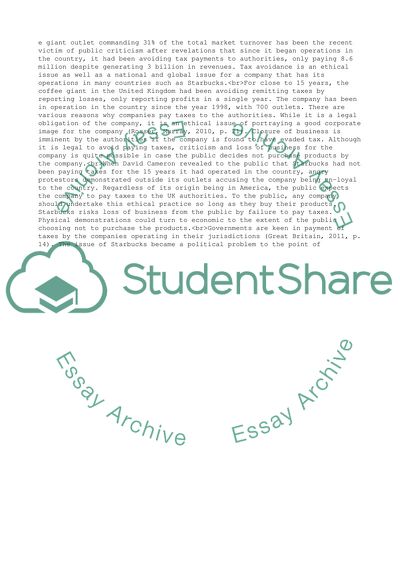Cite this document
(“Issues in Contemporary Management-Critical Discussion of Management Essay”, n.d.)
Issues in Contemporary Management-Critical Discussion of Management Essay. Retrieved from https://studentshare.org/management/1617878-issues-in-contemporary-management-critical-discussion-of-management-processes-ethics-and-globalization
Issues in Contemporary Management-Critical Discussion of Management Essay. Retrieved from https://studentshare.org/management/1617878-issues-in-contemporary-management-critical-discussion-of-management-processes-ethics-and-globalization
(Issues in Contemporary Management-Critical Discussion of Management Essay)
Issues in Contemporary Management-Critical Discussion of Management Essay. https://studentshare.org/management/1617878-issues-in-contemporary-management-critical-discussion-of-management-processes-ethics-and-globalization.
Issues in Contemporary Management-Critical Discussion of Management Essay. https://studentshare.org/management/1617878-issues-in-contemporary-management-critical-discussion-of-management-processes-ethics-and-globalization.
“Issues in Contemporary Management-Critical Discussion of Management Essay”, n.d. https://studentshare.org/management/1617878-issues-in-contemporary-management-critical-discussion-of-management-processes-ethics-and-globalization.


